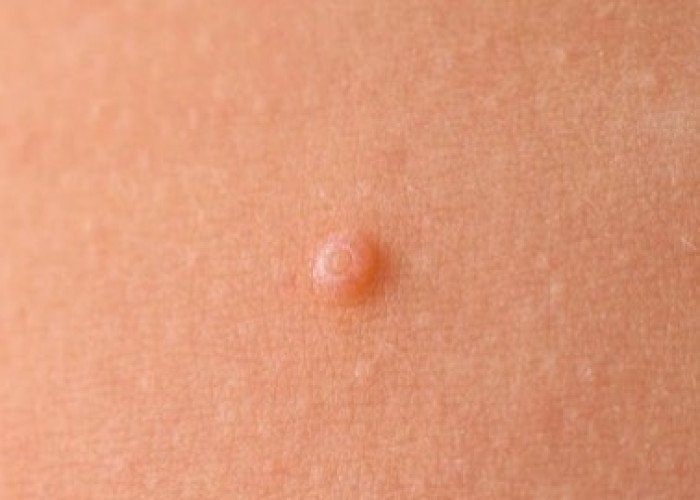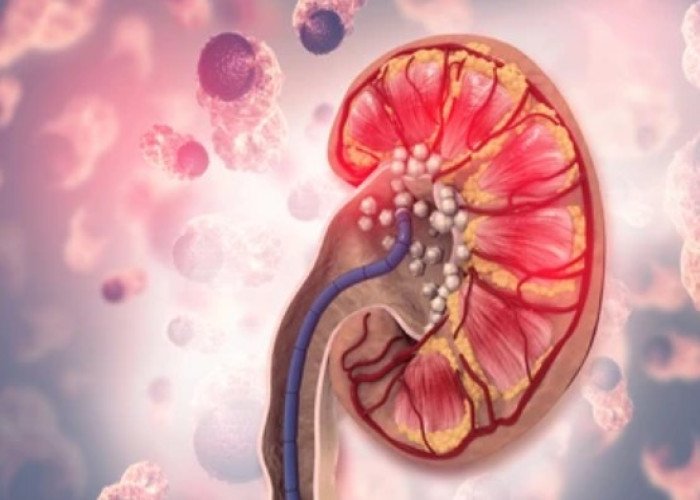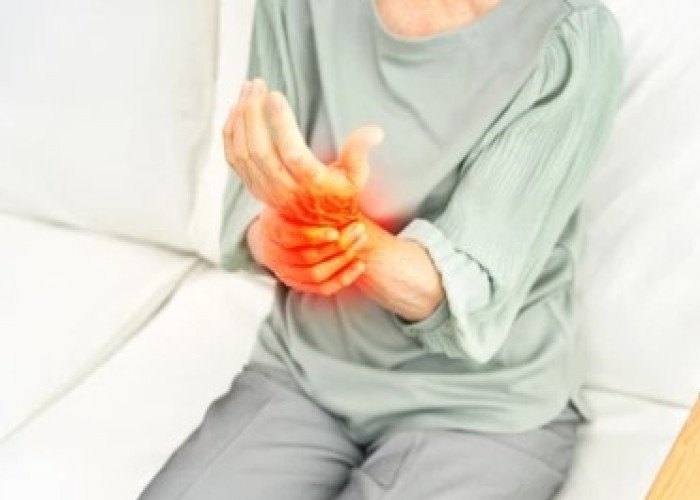 Welcome
Welcome
“May all be happy, may all be healed, may all be at peace and may no one ever suffer."
Gout - Homeopathic remedies
Gout is a form of arthritis that occurs when uric acid crystals accumulate in the joints and tissues, leading to pain and inflammation. Uric acid is a waste product that is produced when the body breaks down purines, which are found in many foods.
The symptoms of gout can include sudden and severe joint pain, swelling, redness, and warmth in the affected joint, and limited range of motion. Gout typically affects the big toe joint, but can also affect other joints such as the ankles, knees, elbows, and wrists.
Factors that can increase the risk of developing gout include a family history of gout, obesity, high blood pressure, diabetes, and kidney disease. Gout can be diagnosed through a physical exam and blood tests to measure levels of uric acid in the blood.
Treatment for gout may include medications to reduce pain and inflammation, as well as medications to reduce the production of uric acid or increase its elimination. Lifestyle changes, such as losing weight, reducing alcohol consumption, and avoiding purine-rich foods, may also be recommended.

Nodule

Aversion to food

Snoring

Baldness

Urinary stones

Neuralgia

Faint

Hernia
Gout, গেঁটেবাত
To be happy, beautiful, healthy, wealthy, hale and long-lived stay with DM3S.
